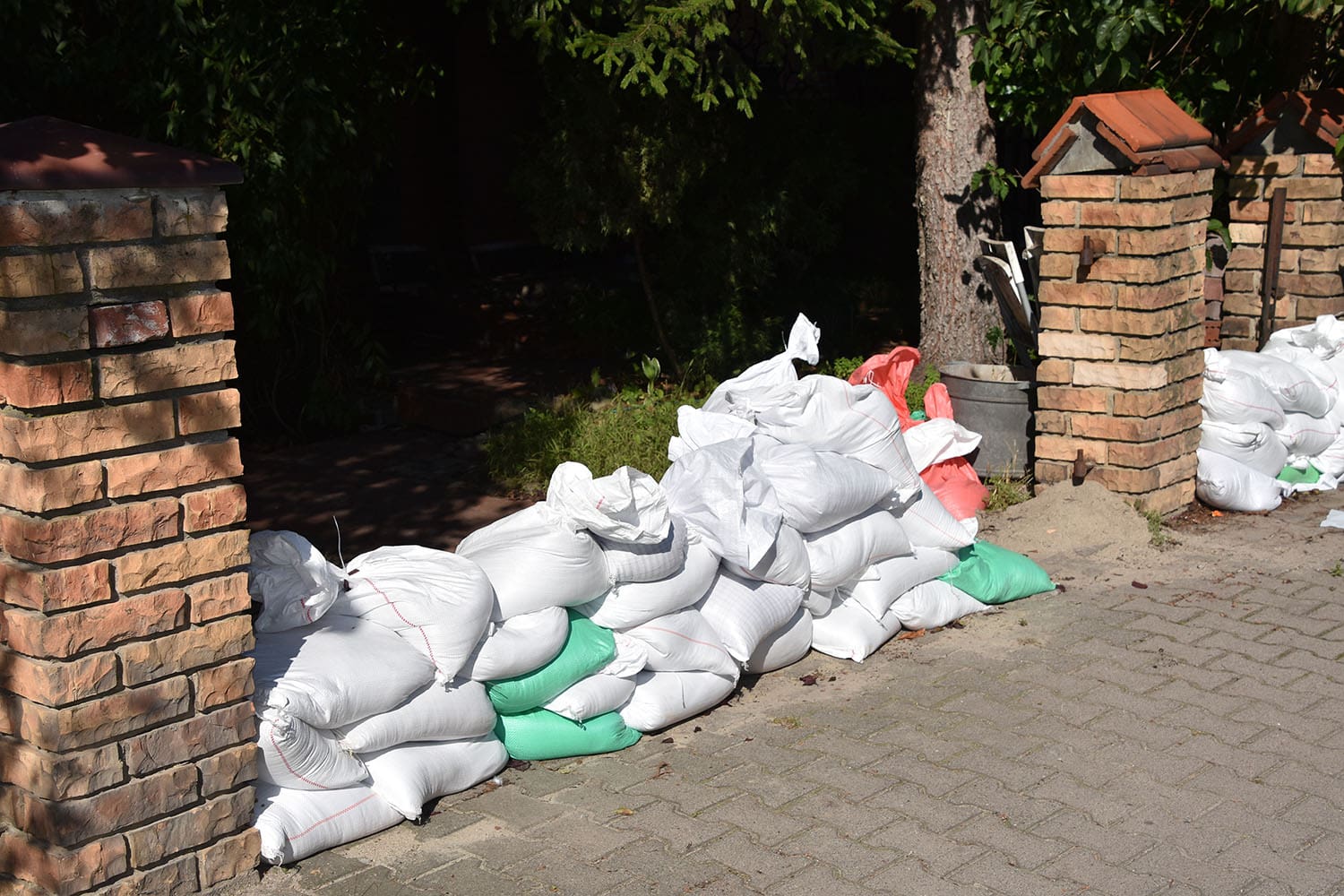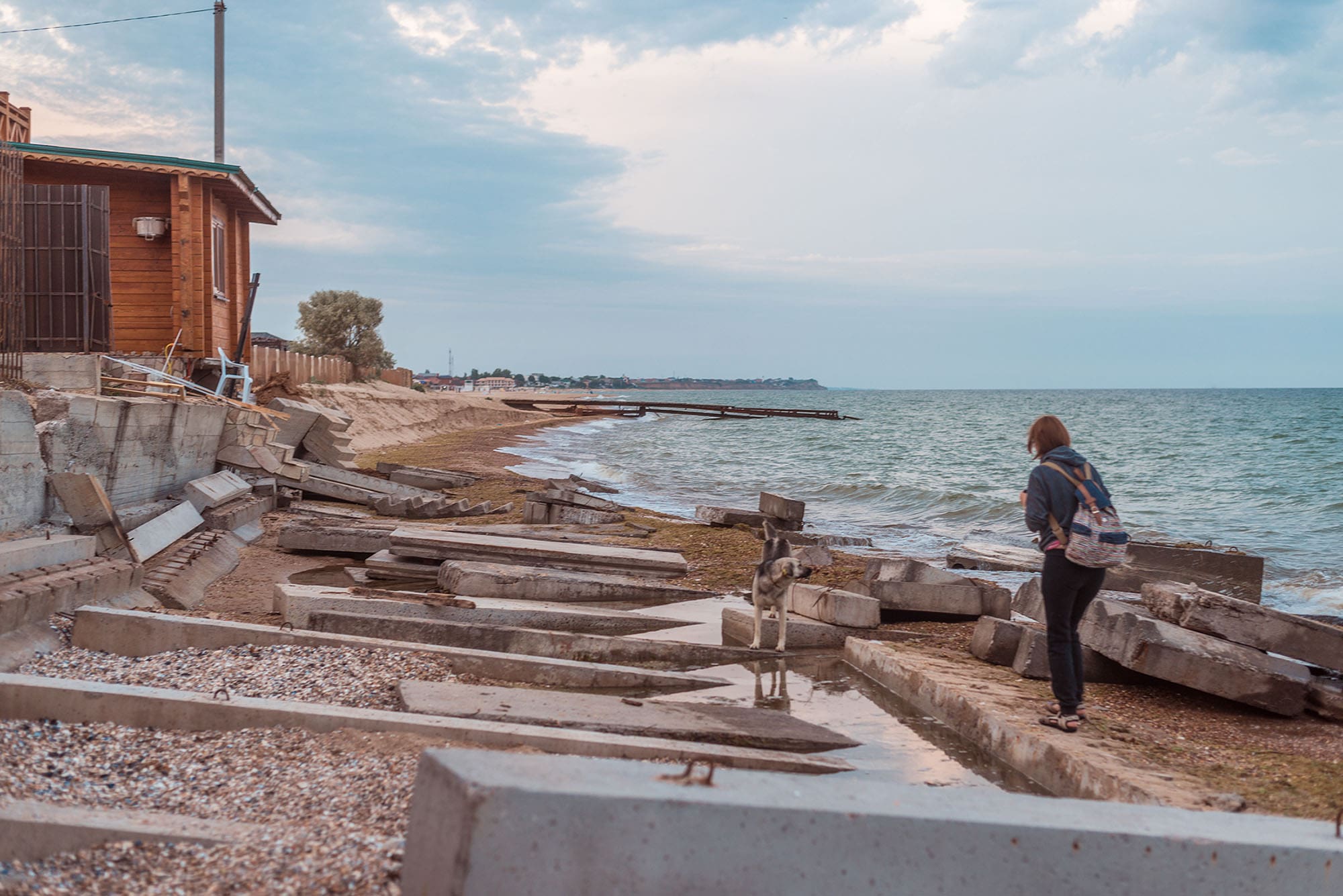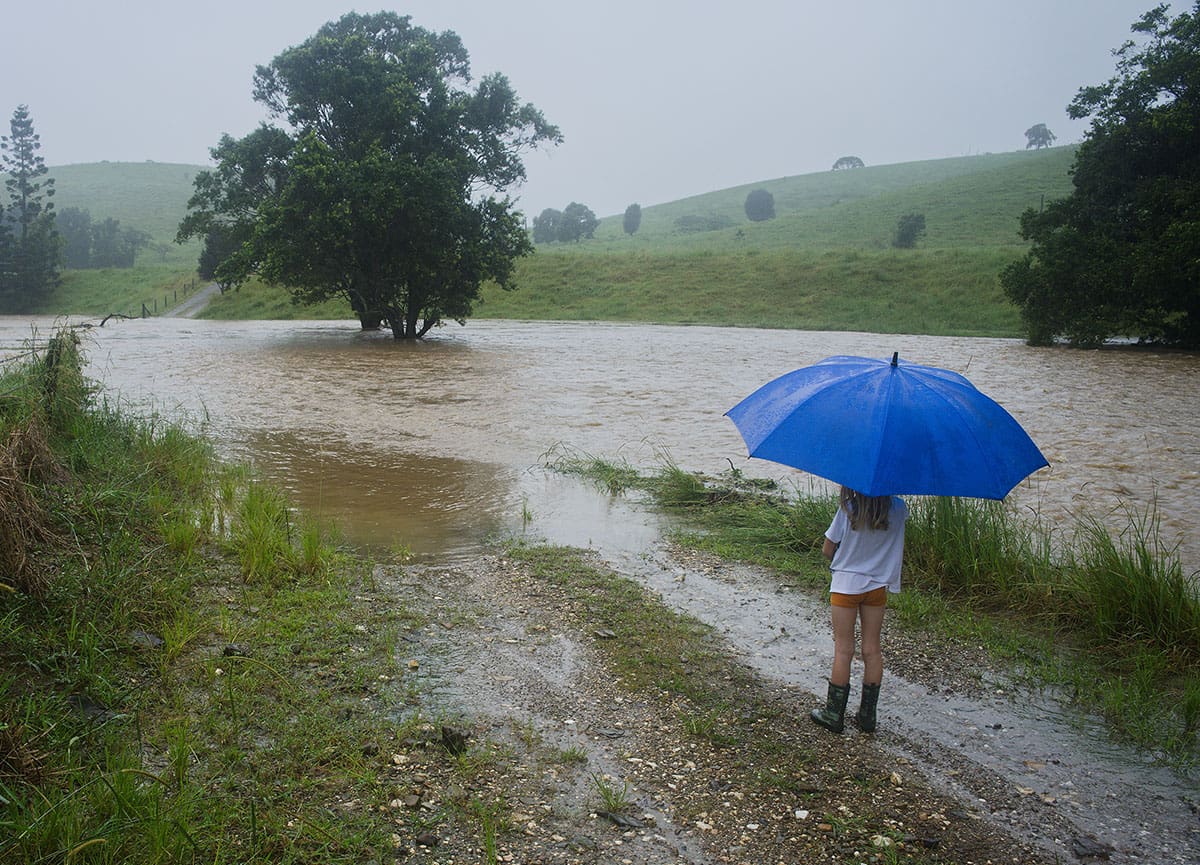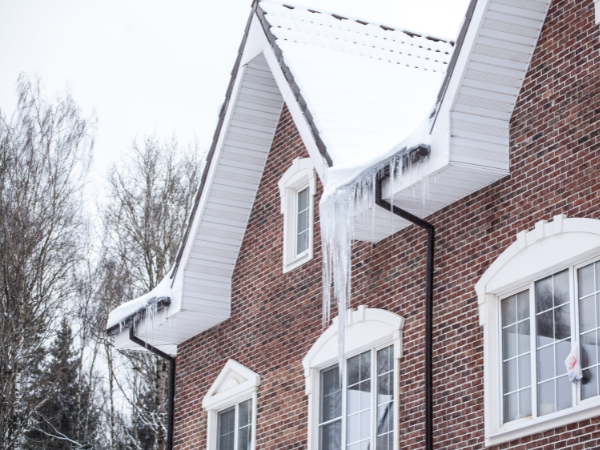Preparing your home
Emergency Back-up Generator
Power outages can leave your home without power for several days or even weeks. A back-up power source, such as a generator, that is capable of providing power to parts or the entire home can keep your home operating properly. It is important to have a service contract for your generator and to test it regularly.
Prepare Your Home for Responders
If your property is gated, you need to have a way for police and fire departments to access your home in an emergency, such as a Knox box. Ensure your property is clearly marked with street numbers so emergency services and responders can easily identify your location.
Valuables
The most effective emergency plans are customized for the collection and each object in it. To begin, complete the following steps:
- Maintain a current and complete inventory. In the event of significant loss, a detailed inventory may help to facilitate the claims process. The format can range from a simple list or spreadsheet to a comprehensive collections management database, but be sure to include the following:
- A description of each object including author, title, materials, dimensions, date, physical characteristics and any integral parts, such as the framing, base, stand and original packaging.
- A detailed location description of every object.
- Images to help identify objects.
- Have current insurance valuations for each object. Current valuations help ensure your collection is adequately insured. hey may also assist during the claims process in the unfortunate event of damage or loss. Appraisals should be updated every three to five years. The appraiser can also determine optimal storage environments if objects need to be moved and/or stored as part of your emergency plan. Consult your preferred appraiser to find out what is recommended for the works in your collection.
- Identify and engage service providers. In addition to conservators, fine art service providers typically include consultants, art handlers, transit companies, storage facilities and security companies. These experts can be critical resources in creating and implementing an effective emergency plan.
- Pro-actively eliminate unnecessary hazards around your collection. If there are oil-based paint, solvents or flammables on your property, store them in a fire-proof cabinet or container because these items can spontaneously combust.
Personal Documents
Personal documents are some of your most valuable and difficult items to replace. Protect the following documents in a bank safe deposit box, other off-site storage or in waterproof containers. You may also scan these items to keep an electronic copy on a flash drive for easy access.
- Personal items: birth certificates, marriage licenses, immunization records, pet vaccinations, photos that would be difficult to replace.
- Financial documents: stock and bond certificates, account numbers with contact information, first two pages of your latest income taxes, backup disc of financial management software.
- Insurance: copies of all policies, including homes, vehicles, boats, health, life, along with appraisals, home inventory (photos or video of your home’s contents) and pertinent contact numbers.
- Legal papers: deeds, titles for vehicles and boats, living wills, passports, military records, powers of attorney, child custody or divorce records.
Understanding your coverage
- Review your policies with your insurance broker to ensure you understand the amount you will receive in the event of a covered loss and if it will be adequate to rebuild your home. Also, know the deductibles, special provisions such as building code upgrades, replacement cost extension, replacement cost coverage, additional living expenses and additional policy information (i.e. flood policies, collections, etc.).
- Know your responsibilities, such as making arrangements to have your home secured. If away, verify emergency generators and sump pumps are functioning.
- Include your insurance company’s toll-free claims number and insurance broker’s name in your emergency kit.
Plan ahead
In the Event of an Evacuation
- Become familiar with your community’s disaster preparedness plan.
- Know your evacuation route and have a predetermined destination in mind.
- Select a point of contact and common meeting place if separated during the evacuation.
- All vehicles should be well fueled. Gas will be scarce.
- Make sure you bring essential items (including cell phone, flashlight, and National Oceanic & Atmospheric Administration [NOAA] radio).
If You are Unable to Evacuate
- Identify a “shelter” area at a higher level of the home but not an enclosed room, such as an attic. In the event the water reaches that level, you could become trapped.
- Remain in contact with neighbors who are staying in their home during the storm.
- Park your vehicle, on high ground if possible. Remove insurance information from the car for safe keeping, and take pictures of your car before the storm.
- Make arrangements to use alternative means of communication.
- When flooding threatens the home, turn off electricity at the main breaker. Unplug or turn off major appliances.
Contact us for more tips and information about how to stay safe during extreme weather events and natural disasters.
This material has been prepared for informational purposes only. BRPGroup, Inc. and its affiliates, do not provide tax, legal or accounting advice. Please consult with your own tax, legal or accounting professionals before engaging in any transaction.
For more information
We’re ready to help when you are. Get in touch and one of our experienced Baldwin advisors will reach out to have a conversation about your business or individual needs and goals, then make a plan to map your path to the possible.
This document is intended for general information purposes only and should not be construed as advice or opinions on any specific facts or circumstances. The content of this document is made available on an “as is” basis, without warranty of any kind. The Baldwin Insurance Group Holdings, LLC (“The Baldwin Group”), its affiliates, and subsidiaries do not guarantee that this information is, or can be relied on for, compliance with any law or regulation, assurance against preventable losses, or freedom from legal liability. This publication is not intended to be legal, underwriting, or any other type of professional advice. The Baldwin Group does not guarantee any particular outcome and makes no commitment to update any information herein or remove any items that are no longer accurate or complete. Furthermore, The Baldwin Group does not assume any liability to any person or organization for loss or damage caused by or resulting from any reliance placed on that content. Persons requiring advice should always consult an independent adviser.






